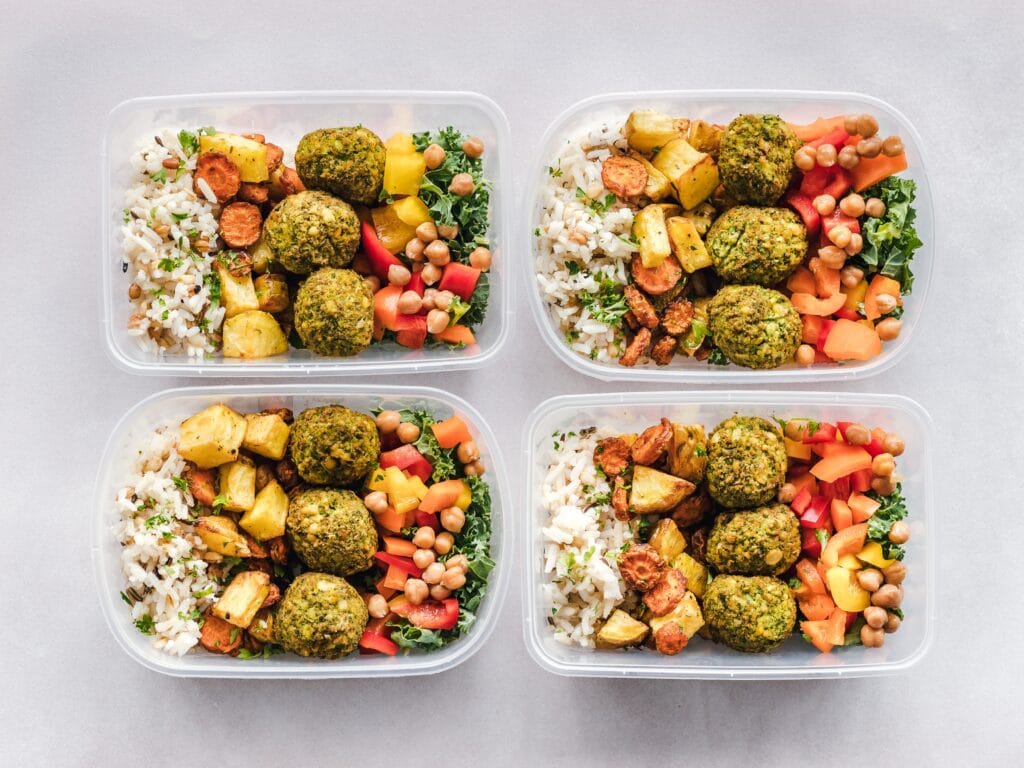
Mental Health is the Corner Stone of a Happy Life !
You exercise to boost your physical health. But what about your mental health?
We’ve all had that sense of fogginess, where you go into a room only to have no clue why you’re there. While we try not to admit it, this is a natural part of aging.
Yet, you don’t have to settle for memory lapses or lack of concentration. There are ways to stay sharp even as you age.
I went searching for the best four secrets to keep your mind sharp. You’ll be surprised how simple they are. Repeat after me: REPS. Read, Eat, Play, and Sleep.
Simple, right? What you need to do is set aside a few minutes each day for each one.
Once you do that, you’ll be blown away by how much better your focus and memory will be. All after just a few short weeks.
So, are you interested in finding out how you can stimulate your brain no matter how old you are? Let’s get started.
Read
In this hustle and bustle age, it seems like the day is over before it even begins. Where does the time go? And more importantly, who has time to read?
This is a common complaint we hear quite too often. But like with any habit, you need to nurture it. Then, it’ll become something you do each day without giving it too much thought.
There are two rules to reading you must follow in the beginning. One, start by reading for just a couple of minutes each day. If you can make it 10, that’s great!
You can even write in a journal how much time you spend reading each day to keep track of your progress.
The second rule is to read what you like. Have you ever picked up a book that someone recommended only to find it dull as dishwater? If that’s the case, leave it and go search for something else that better suits your literary appetite.
Even better, why not learn a new language? You’ll be reading and learning something new and exciting at the same time. You’ll also be working towards enhancing your cognitive functions.
Plus, you’ll discover new cultures and traditions. You might even meet new people with similar interests.
Eat

Eating the right types of food has been proven to have a positive effect on brain health. Look for foods that are rich in omega-3 fatty acids, which are the main building blocks of the brain.
Other major nutrients that play a role in keeping your mind sharp include:
- Polyphenols (green tea, nuts, olives, cocoa powder, and vegetables)
- Antioxidants (berries, dark green vegetables, beetroot, sweet potatoes, and carrots)
- B vitamins (eggs, cheese, milk, poultry, lean red meat, and shellfish)
- Choline (nuts, lentils, beans, eggs, and poultry)
A banaced and conscious use of nutrients has a profound impact on your mood and mental health in the long run.
Play
Remember when we were kids and had imagination and loads of energy? That’s what kept you young, not your age. So, why not do all the things you used to enjoy as a kid?
We’re not suggesting you jump on the couch or run around the house in a frenzy. Why not start with something like doodling, coloring, or painting? They’re all considered to be terrific intellectual workouts!
Why not also think of exercise as a form of play? Make it fun. Change it up every week so you don’t get tired of doing the same old thing day in and day out.
According to Dr. Scott McGinnis, an instructor of neurology at Harvard Medical School, even taking a simple walk can improve your cognitive skills. Physical activity, in general, boosts blood flow and stimulates the release of ‘feel-good’ hormones, like endorphins. These work to give your brain a cognitive edge.
Another way to engage in play is to learn a new skill or craft. The point is to try things you’re not good at. Stepping outside your comfort zone keeps your brain on its toes.
Here are some other fun games to challenge your brain and increase its mental capacity:
- Chess
- Trivia
- Scrabble
- Sudoku
Sleep

Not getting enough sleep can lead to a long list of problems with cognitive functions, especially memory. While we sleep, new memories and skills move from a temporary waiting area in our brain to a more permanent one.
The National Sleep Foundation (NSF) suggests these tips to help maintain a healthy sleep routine:
- Create a bedtime routine and stick with it, even on weekends
- Avoid eating heavy meals after 7 pm
- If you’re hungry at night, opt for small snacks like fruit or nuts
- Avoid stimulants (caffeine, cigarettes, alcohol, etc.) for four to six hours before bedtime
- Turn off all screens 30 to 60 minutes before bedtime

